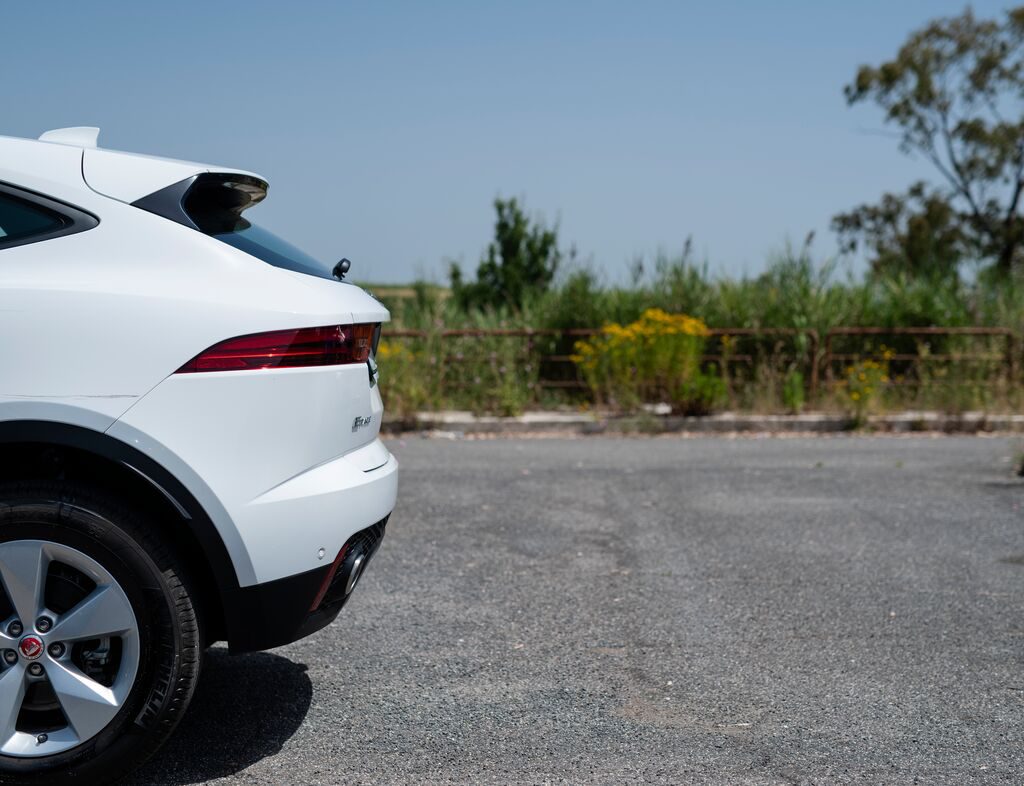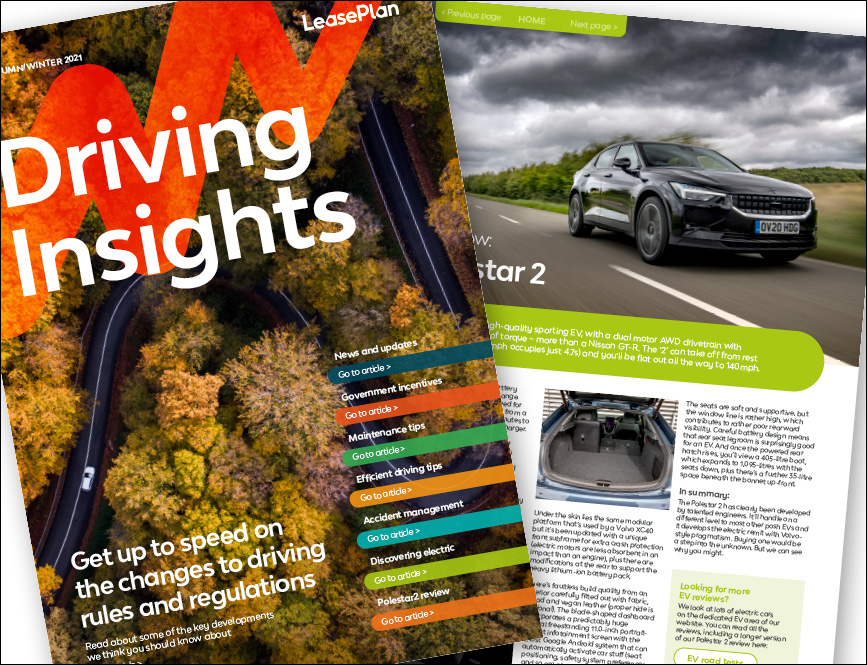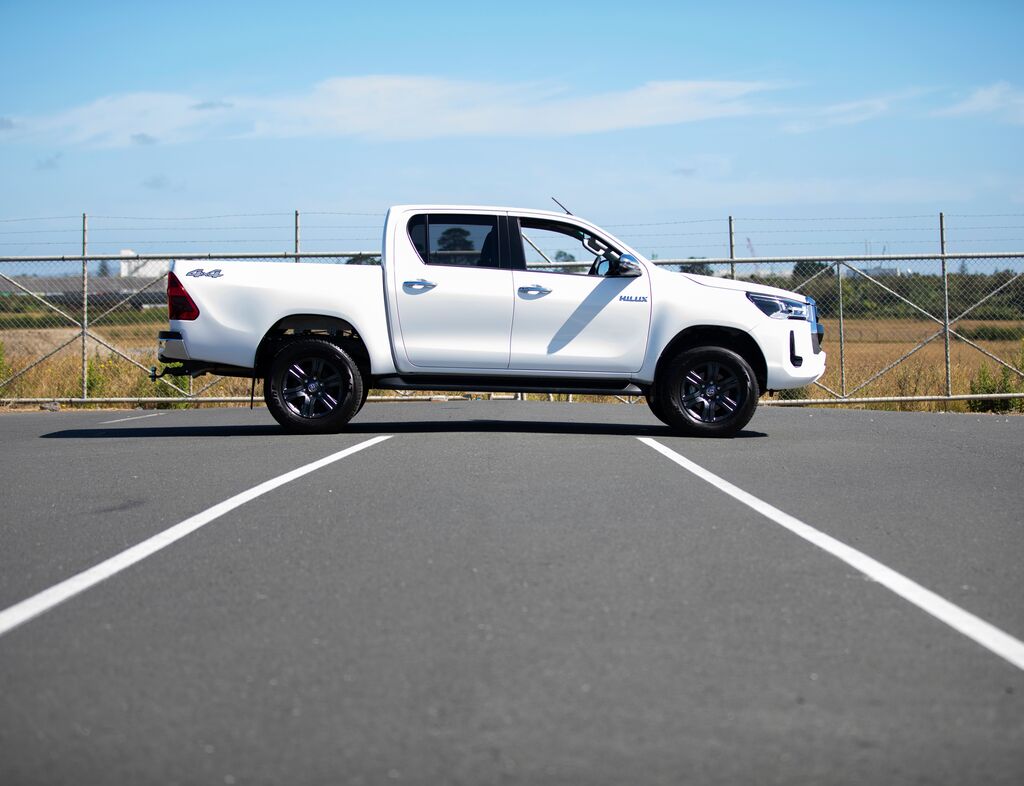To reduce the spread of the Coronavirus (COVID-19), the UK Government has introduced rules restricting movement and requesting we stay at home except for very limited purposes, i.e. you’re a key worker. These measures are effective immediately and must be adhered to. New powers given to the police will allow them to issue a fixed penalty notice to anyone failing to do so.
Essential travel
However, you may be one of those still needing to travel, whose vehicle is due its MOT, or you may be concerned about what to do if your vehicle breaks down during this period. Here’s our guide.
Travelling During Lockdown
Travelling in London
With the restrictions placed on public transport, it may be necessary for key workers to drive in London. To help support key workers go about their work, TfL has suspended all road charging schemes, including the congestion charge, ultra-low emission zone and low emission zone. The suspension has been introduced for lorries and vans as well as cars, and it remains in place until further notice.
Special allowances for NHS and social care staff
The Department for Health has said that all NHS and social care staff will be given free car parking on council-owned on-street spaces and car parks. The Government says councils will ensure NHS staff, care workers and volunteers can provide suitable evidence to be displayed in their vehicles in order to avoid charges. TfL has also given all NHS staff free access to the capital’s Santander Cycles.
Petrol stations
Fuel stations are still open but be aware that it is believed that viruses can survive on surfaces for some time, so wear protective, disposable gloves and keep a hand sanitiser in your vehicle. Many petrol stations already have gloves available for public use at the pumps, however these often run out, so we suggest you bring your own just in case.
You can also use pay at pump to minimise any contact with others – just be aware of the keypad. Drivers of electric vehicles using public chargers should also follow the same guidelines.
Immediate Maintenance and Breakdown
Maintenance and vehicle repair
Garages for essential vehicle maintenance and repair remain open for now – to help keep vehicles, goods and key workers moving and safe. Be aware that they are likely to prioritise key workers / essential repairs. Remember, you have a legal responsibility to keep your vehicle roadworthy. You can be fined up to £2,500, be banned from driving and get 3 penalty points for driving a vehicle in a dangerous condition.
Take a look at our guide to maintaining your vehicle to ensure you stay safe and meet the minimum legal requirements here.
Breakdown
If your vehicle breaks down, you can still call out a recovery provider, who will either be able to repair your vehicle at the roadside or take it to a garage. Patrols are following Government guidelines: keeping two metres from customers, wearing latex protective gloves and wiping down any surfaces they touch with hand sanitiser or wipes.
The AA is advising that if you’ve broken down and have symptoms, have been diagnosed or have come in contact with COVID-19, to call and let them know when reporting the breakdown. If you don’t have symptoms, haven’t come into contact with the virus and aren’t self-isolating, you can tell them about the problem online or use their app to report a breakdown.
Cleaning your car
It’s more important than ever to take extra care to keep your vehicles clean and disinfected, as this will reduce the chance of the coronavirus being transmitted through commonly touched surfaces such as the steering wheel, gearstick, radio or door handles. To ensure your car remains a safe space, here is full guide to sanitising your car from the inside out.
Rules and Regulations
Extension to MOT due dates
Even though MOT centres and garages are classified by the Government as ‘essential’ and are allowed to remain open, many are closing to protect staff and customers.
To restrict the spread of the virus, the Government has introduced a 6-month extension period for your car’s MOT to be carried out if the expiry date is on or after 30 March 2020.
You do not need to do anything to extend your vehicle’s MOT expiry date as this will be done automatically. However, vehicles must be kept in a roadworthy condition – with some garages remaining open for essential repairs.
If your first MOT was due before 30 March 2020 and your vehicle did not pass, you will not get an extension and your vehicle will need to pass an MOT before you can drive it again.
Driving tests
Driving tests have been suspended for the next three months. During this time, tests will only be available for critical workers. Keep an eye out on the DVLA’s website for more updates and information about when you’ll be able to reschedule your theory or driving test.
Ongoing Vehicle Maintenance
Keeping your vehicle ticking over during lockdown
As many of us won’t be driving for long periods of time during lockdown, there are a few things you can do to protect your vehicle and keep it in roadworthy condition.
Firstly, your battery may be dead or near dead if you aren’t driving your vehicle. Occasionally starting your engine won’t help much in this case and may actually drain your battery further. As the government advice is to drive only when essential, drivers will have to rely on these trips to keep their batteries healthy. If you have one, plug in a trickle charger to keep the battery topped up.
You should, where possible, keep your vehicle fuelled to prevent moisture from developing in the tank and leading to rust. Some people may also find that their tyres develop flat spots that can be felt when driving. Make sure you check your tyre pressure before making any essential journeys, including your spare tyre if you have one.
Also be aware of leaving your vehicle parked under trees. Resin, sap and bird droppings can cause considerable damage to your vehicle’s paintwork, so consider a cover to protect it. Bird droppings on modern water-based paint will start to impact the lacquer within 90 minutes, or even less if the car hasn’t been polished for a few years. If it’s dried on, use some warm water to soak it first as this will make it a lot easier to remove. Scrubbing at it without soaking first will do even more harm as it can create scratches.
And finally, a special note to diesel drivers: please be aware that diesel vehicles need to run at 40-50mph for 10-20 mins every 300 miles to burn off the diesel particles and clean the Diesel Particulate Filter (DPF). Not doing this can result in the vehicle completely shutting down and cause major engine damage. You can read more about this here.
Stay up to date
As we have all seen, the restrictions that have been put in place are altering almost every day, so it’s important to regularly check the Government’s website to stay up to date. You can also sign-up to our Driving Insights newsletter here.




